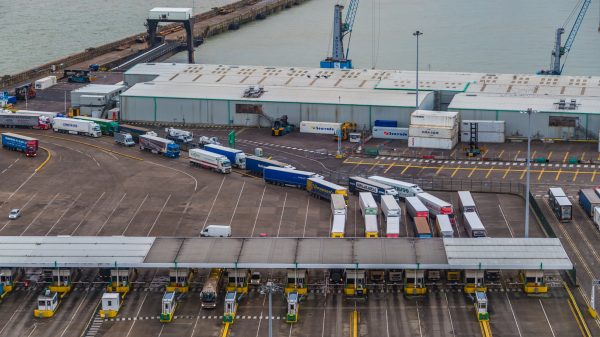Lidl is among a raft of retailers being accused of paying less than the cost of production to suppliers in Bangladesh during the pandemic.
Of the supermarkets looked into, which also included Tesco and Aldi, the research found nearly one in five factories claimed to have been left struggling to pay the country’s legal minimum wage at £2.30 per day.
A survey by the University of Aberdeen’s Business School and Transform Trade from March 2020 to December 2021, looked at 1,000 factories in Bangladesh supplying garments to UK retailers.
It found that 19% of Lidl’s suppliers claimed they had been selling at below the cost of production to the retailer in 2021.
Many suppliers said that nearly two years after Covid-19 was announced as a global pandemic they still received the same rate of pay, at the same time production and material costs were on the rise.
Subscribe to Grocery Gazette for free
Sign up here to get the latest grocery and food news each morning
The research also found that 90% of larger high street brands buying from four or more factories were reported as engaging in unfair purchasing practices.
Transform Trade senior policy advisor, Fiona Gooch said: “this research is a wake-up call. Aldi and Lidl’s grocery buying practices are regulated in both the UK and European markets, but their clothing purchases aren’t, which is why unethical behaviour persists.
“Only when suppliers are able to plan ahead, with confidence that they will earn as expected, can they deliver good working conditions for their workers.”
Aldi told The Guardian that the report did not recognise its brand was split into two separate businesses and the responses gave no clear image of Aldi Sud’s behaviour, while a Tesco spokesperson said it was “committed to fair and transparent partnerships.”
The leading retailer added: “we worked closely with our clothing suppliers to support them through the challenges of the pandemic. To ensure that they could continue to pay their workers fairly, we did not cancel any orders, did not penalise late deliveries, and honoured our payment terms in full.”
Lidl’s response which was published within the report said: “Lidl takes its responsibility towards workers in Bangladesh, and other countries where our suppliers produce, very seriously and is committed to ensuring that core social standards are complied with throughout the supply chain.”










